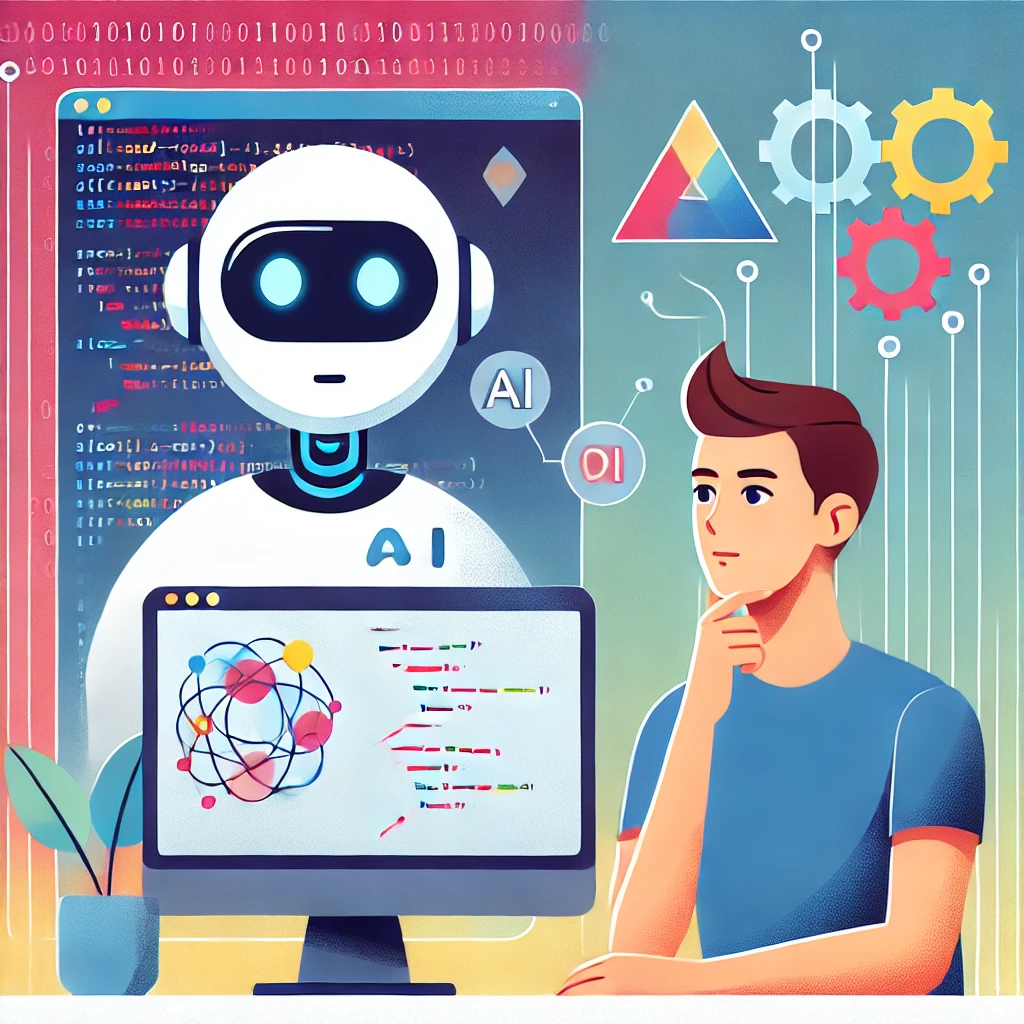The rise of AI coding assistants has brought about a significant shift in the software development landscape. Tools like GitHub Copilot, OpenAI’s Codex, and various other AI-powered coding assistants are becoming more sophisticated, capable of generating substantial chunks of code, fixing bugs, and even suggesting entire functions. As these tools become more integral to the development process, a question arises: Are they making junior developers obsolete?
The Role of AI Coding Assistants
AI coding assistants are designed to assist developers by automating repetitive tasks, suggesting code snippets, and providing instant solutions to common problems. These tools leverage vast amounts of code data, learning patterns, best practices, and solutions to offer suggestions that can speed up development. For senior and experienced developers, these assistants serve as productivity boosters, allowing them to focus on more complex and creative aspects of software engineering.
Impact on Junior Developers
For junior developers, however, the impact is more complicated. Traditionally, junior developers spend a significant portion of their early careers learning the ropes—debugging simple issues, writing basic functions, and understanding foundational principles through hands-on experience. With AI coding assistants doing much of this groundwork, the learning opportunities for newcomers are becoming fewer.
The fear is that with AI handling much of the “grunt work,” junior developers may find it harder to enter the industry or acquire the essential skills that come from writing and debugging code manually.
The Changing Skill Set
Rather than replacing junior developers outright, AI coding assistants are redefining what it means to be a junior developer. The role is shifting from one focused primarily on writing basic code to one that involves understanding, managing, and guiding AI tools to achieve desired outcomes. Junior developers now need to develop a deeper understanding of AI-driven tools, machine learning models, and how to effectively collaborate with these technologies.
The skill set is also moving towards higher-level problem-solving, code architecture, and understanding how different components of a system interact. This means that the next generation of developers must adapt and learn to work alongside AI as co-creators rather than seeing themselves as coders in the traditional sense.
Opportunities and Challenges
While the rise of AI coding assistants presents challenges for junior developers, it also opens new opportunities. Learning to harness AI tools can make developers more efficient and versatile. There’s a growing demand for professionals who can oversee AI-driven workflows, audit AI-generated code for quality and security, and ensure the ethical use of AI in development.
Moreover, AI can also serve as a learning tool, providing instant feedback and suggestions, helping junior developers understand different approaches and best practices more quickly than ever before.
The Future of Coding Careers
The future of coding careers will undoubtedly be shaped by the integration of AI assistants. While the traditional path for junior developers is evolving, there will always be a need for human creativity, oversight, and problem-solving. The key will be adaptability—embracing AI as a tool that enhances capabilities rather than viewing it as a threat.
In conclusion, AI coding assistants may be changing the landscape for junior developers, but they are not waving goodbye completely. Instead, they are inviting a new wave of developers who are ready to embrace a more dynamic and collaborative relationship with AI, signaling a shift in how we define and approach software development in the years to come.


